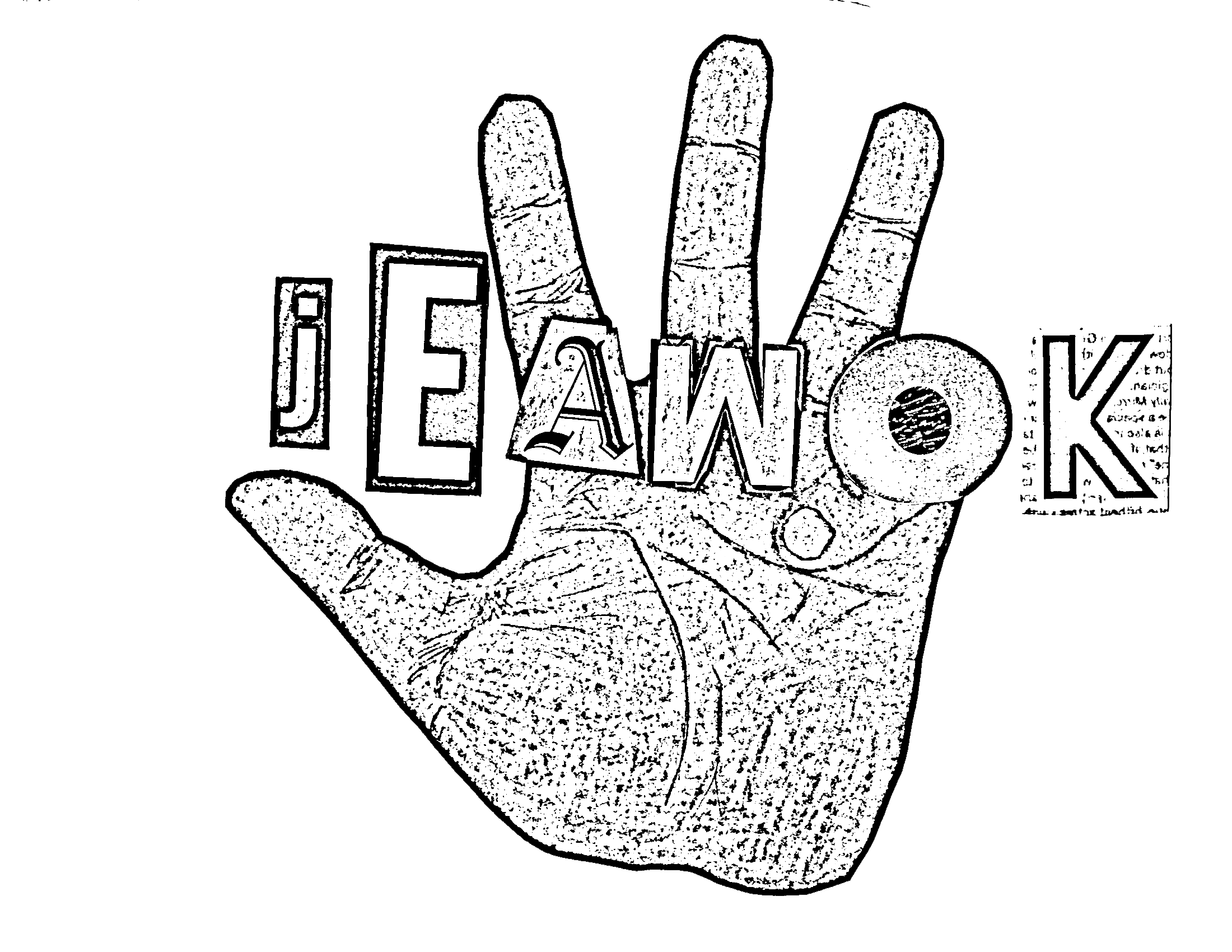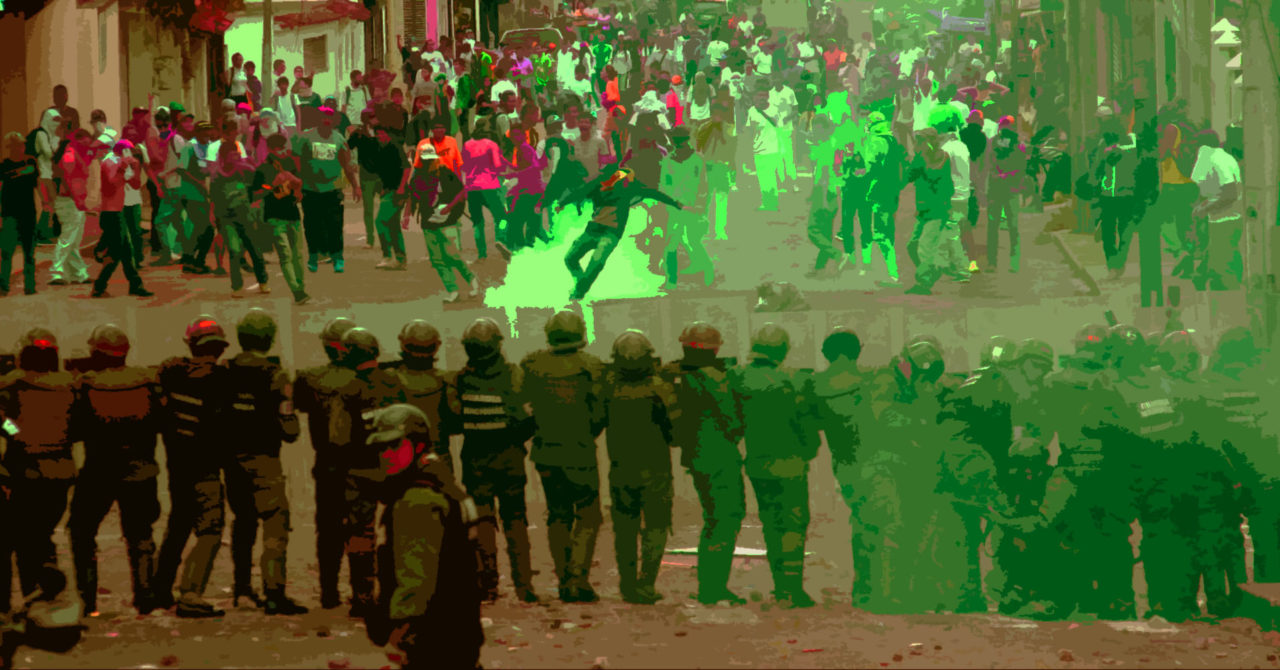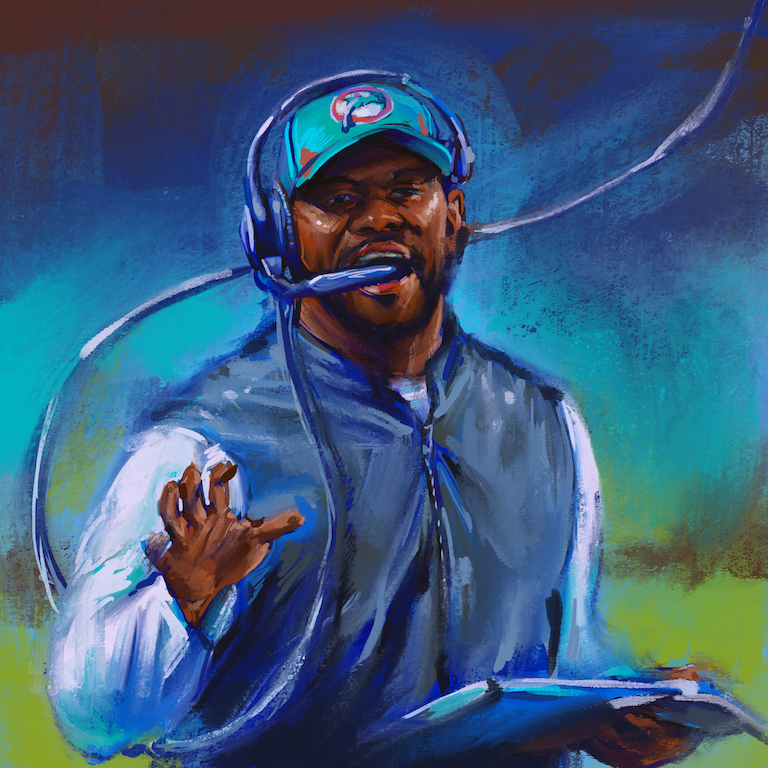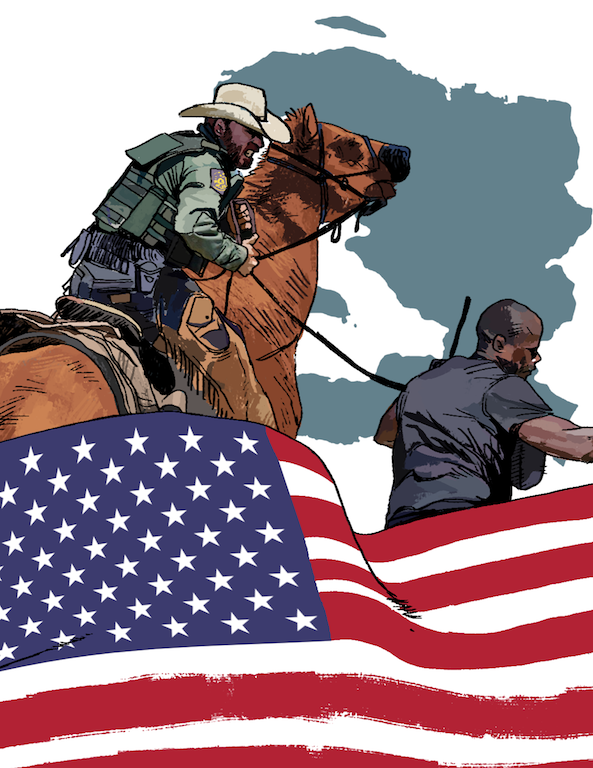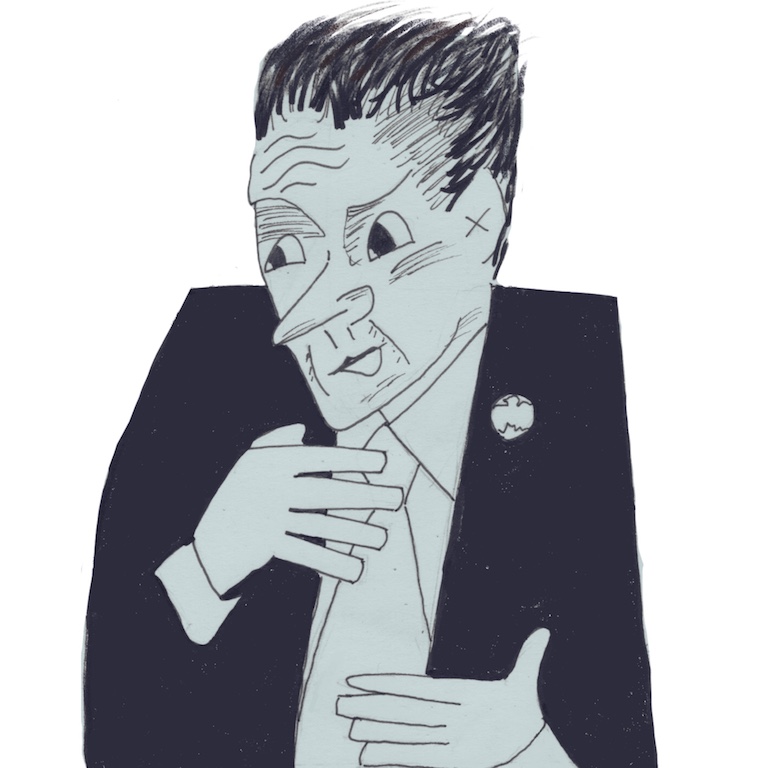In January of 2019, concerns over the legitimacy of Venezuelan President, Nicolas Maduro, arose as the opposition-majority National Assembly declared his 2018 reelection illegitimate, and announced Juan Guaido as interim president.
The Trump Administration, eager to get involved, endorsed him as the country’s rightful leader January 23rd.
But—Who is Juan Guaido? What is, exactly, his claim to power, and why is it in the US’s interest to endorse him as the rightful President?
First, let’s take a closer look at the events that have occurred thus far in January. Why they have occurred. According to various sources, Juan Guaido’s dubious rise to power is largely due to his mentor, Leopoldo Lopez, the Venezuelan opposition leader. While Lopez is widely venerated in the U.S., in Venezuela, he remains divisive. Although Guaido openly portrays himself as a supporter of democracy, behind closed doors, he and his mentor, Lopez, are members of a right-wing group known as the Popular Will Party, that frequently participated in anti-Chavista protests, and, namely, the government shutdown of the radio station RCTV that aggressively advocated for Chavez’s assassination.
In order to have a greater understanding of the events that have ravaged Venezuela from one of the richest countries in Latin America, home to the majority of the world’s oil reserves, to a country that is now spiraling out of control into one of the most unprecedented political and economic crises of our time, we must take a deeper look at the history of Venezuela before, and after Hugo Chavez, U.S. involvement in Latin America since throughout history, 1908s neoliberal reforms, and Venezuela’s relations with other international powers that are currently imposing sanctions on its economy.
Here are some of the major criticisms and generalized “blanket” statements of the Maduro regime, which we shall later breakdown and deconstruct:
- Maduro is a ruthless authoritarian dictator.
- Maduro has mismanaged the Venezuelan oil economy, and his unwillingness to allow foreign aid into the country is ravaging the Venezuelan people and leading to a nation-wide food shortage.
- Maduro is exacerbating inflation in Venezuela by continuing to print more money.
- Maduro is staunchly authoritarian and has undermined Venezuela’s democratic process.
At first glance, it is easy for many people to fall into the trap of pointing the finger, turning on US news sources, and supporting the above claims that Maduro is, in fact, a ruthless dictator who needs to be removed because he is responsible for the most devastating economic crisis that Venezuela has ever seen.
Moreover, all too often do we as Americans utilize this particular portrayal of the Venezuelan government to substantiate our heavily propagandized, anti-socalist psyches, and ingrained belief in capitalism, that Venezuela, once again, serves as proof that socialism is the destructive enemy of all enemies, and only leads to poverty, authoritarianism, and death.
But the above claims are all too easy, simplistic, and outright false. In order to have a more authentic and holistic understanding of Venezuela today, we must take a look into its bloody past.
Similar to every other country in Latin America, Venezuela is a victim and product of 500 years of social disaster and colonization. In 1498, Christopher Colombus sailed to Venezuela’s coast, and in 1499 the country was named “Venezuela” or “little Venice” by Alonso de Ojeda, a Spanish explorer. Later on in the 1500s, Spanish colonization began and Venezuela was transformed into a mono-crop slave-state.
Years after, Venezuela was then devoured by foreign powers, namely, Spain, France, Germany, Britain, and of course, the United States. As a result, the country was driven deeper and deeper into poverty, and its legacy of underdevelopment is one that plagues every colonized country in the world that is trying to emerge in today’s economy, and have its sovereignty recognized internationally, which it has since failed to do, as a result of its lack of infrastructure and single-export: oil.
Okay, so… what’s all this food shortage and rampant inflation about, then, and isn’t it obvious that Maduro and his socialist government are the root cause?
Well no, actually. You see, the crisis in Venezuela is not something that has simply occurred overnight or without help, and definitely not by a single person. It is a multi-faceted and multipronged assault that is a compilation of centuries of economic and social devastation. But make no mistake–I am not defending Maduro here. It is clear that the Venezuelan people are suffering under his presidency, and there is a blatant need for regime change. It is important to acknowledge, however, that while Maduro is wildly unpopular, and lacks Chavez’s charisma, for many, he still upholds and represents the long-time heralded Chavista movement that is still very much revered throughout the country.
Although Maduro has taken the heat for much of what is going on today according to the 2018 UN human development report, Venezuela is still ranked as having a “high” world ranking since Maduro’s first election in 2013. Venezuela has the 2nd lowest rate of homelessness in Latin America, the highest literacy rate in Latin America, and is ranked 6th in the world for child enrollment in primary education. Despite the fact that oil revenue has fallen by 87%, and foreign debt has increased, social investment in relation to income in Venezuela has actually increased under Maduro, and many of its social programs remain intact Contrary to what the mainstream media may portray, this is actually a testimony to Venezuela’s success, despite facing aggressive internal and external forces seeking to undermine its very sovereignty and right to self-determination.
There are in fact, many Venezuelans who desire regime change, and a better standard of living, but neither support the opposition, nor US military intervention. The problem is, there doesn’t seem to be a middle ground. It is either disaster capitalism, fascism, or military intervention.
Just in examining the data, and taking a look at the multitude of foreign, and mainly US-backed coups in Latin America, it is evident that Venezuela is a product of persistent, clandestine, and pernicious, yet aggressive attempts both within the country– by big super-pac corporations and monopolies– and outside of it– to undermine its very ability to emerge as a first, and even second world power.
From colonization and control by foreign nations in the early years of its development (or lack-thereof), Venezuela has suffered genocide, capitalist-imperialist control by first world powers, and the consolidation of its oil reserves by wealthy elites. So it is no wonder that a country such as Venezuela is now in the midst of an ongoing food shortage, hyperinflation and political crisis.
A simple analogy would be the following scenario:
Imagine yourself as the small kid in school who is constantly trying to stand up for himself on the playground. All you want to do is have your own playing area, and play peacefully in the sandbox. But every time you try to come up with your own creative ideas and build a sandcastle, you and your sandcastle are constantly stomped on by a group of bullies who have been at the school longer, are older, and have claimed the majority of the sandbox to be their territory. In their eyes, they have a God-given right to come over and stomp on your sandcastle because they are older, and have “tenure” at the school. Although they don’t own the sandbox, and it is actually the school’s property, they have established a relatively unchallenged precedent that they are the ones to answer to in the sandbox. If you are another kid who is not a part of the long-standing bully group, then you are hyper-aware of the power dynamics of the sandbox. You know that upsetting the bully group will mean years of no lunches or snacks, constant rumors and ridicule, and the revocation of your sandbox-playing privileges. Thus, as the “other” kid, that is neither the bully nor the runt on the playground, you play it smart, safe, and do everything in your power to remain in ‘good faith’ with the bully group.
This is a classic “Mean Girls” scenario. Venezuela is sort of a Janis Ian/Cady Heron mash-up, (perhaps with less “umpf”), and the United States is Regina George aka sandbox bully.
There has been a long history of attempts for the latter to impose its ideal system of government and exercise its military power on the former. Yet, everyone hates Janis Ian, because, let’s face it, she is a lesbian who is “obsessed” with Regina George and no one would believe her anyways.
This is precisely what we, the United States, have done to socialist, Latin American governments who have done the exact same thing. As soon as they have any attempts at sovereignty, or emerge as a government that threatens the very foundation of US imperialist-capitalist interests, we are the first to denounce and sabotage them, and instill someone who instead supports our own interests.
Similarly, no one dares to threaten Regina George, because she possesses the power to destroy them. There is nothing democratic or just about that.
Why, exactly does no one challenge her, and similarly, why has no one challenged the US?
Well, unfortunately my analogy is too simple for the complicated nature of the actual situation. However, there is one thing that Regina George and the US both have in common, and that is power is ASSUMED.
In the former example, power is fictitious, or rather, falsely manifested, but remains intact due to the belief systems of others surrounding Regina George who uphold her legacy without question.
In the situation with the US, our “Regina George” or “BDE power,” is ACTUALIZED or backed up, by being the most powerful country in the world, via possessing the largest and most powerful military, economy, dominant Western/American culture that has sustained pervasive global influence. On the surface, the US has a seemingly empowering neoliberal democracy that enhances the quality of life for most, but this couldn’t be further from the truth.
U.S. imperialist power in many parts of the world still goes relatively unchallenged.
Since the mid-1800s, the Monroe Doctrine has dictated American foreign policy around the globe, particularly in defining the US’s supremacy in the Western hemisphere. Originally, the Monroe Doctrine was a policy set forth by James Monroe, which asserted the US’s supremacy in the West by preventing Britain, France, Spain, and Russia from gaining access to colonial possessions in North America, the Caribbean, and Latin America.
Such imperialist tensions were exacerbated by the Monroe Doctrine, which further increased during the Cold War, leaving the US and the USSR as the remaining two dominant superpowers with opposing political systems and philosophies: Capitalism and Marxist-Leninist Communism. Consequently, US-Russian relations have further escalated due to Russia and China’s ongoing support of Maduro, and Russia’s recent intervention in Venezuela.
Despite Russia and China’s support, however, the international community has isolated the Maduro government with the US’s help and widespread support of Juan Guaido, the self-declared president, who emerged from a right-wing, US-backed student movement that subverted Hugo Chavez in 2007. Given the current situation, in many ways, it’s as if “the Cold War Pt. II” is happening once again, in Venezuela.
Preceding colonization, Venezuela was already being impacted by foreign imposed sanctions. In 1902, after failing to repay foreign loans, the country’s ports were blocked by German, British and Italian warships. Later on in the 1900s and leading up to World War II, Venezuela became one of the world’s largest exports of oil, and thus was a victim of US military influence and exploitation. As a result, the United States was eager to maintain its access to the oil, and agreed to increase oil revenues for Venezuela. Profits were split fifty-fifty between the Venezuelan government and the oil companies, such as Standard Oil and the British-owned Shell Oil. As result, in 1944 Venezuela’s oil income was 66% higher than it was in 1941, and by 1947 total income had increased 358%.
For a time, Venezuela’s oil economy boomed, and it became one of the few Latin American countries that was able to finance its own modernization in the post-war era..
This, however, came to a halt when the price of oil severely declined in the 1980s, and Venezuela endured years of aggressive neoliberal reforms and right-wing misrule.
In 1989, thousands of Venezuelans rose up in protest against the government in what is known as “The Carazco.” During this time, poverty was close to 50%, infant mortality rate had skyrocketed, and there was widespread illiteracy across the country.
Venezuela was plagued with total devastation and economic collapse that was far greater than anything occurring today. Naturally, during the “Carazco” people rose up and protested against the oppressive government, but were massacred by right-wing imposed Marshall Law, which murdered an estimated 4,000 civilians in just a few days.
Out of this movement, and out of all the anger and resentment among the Venezuelan people, emerged the Chavez movement, whose profound democratic election is responsible for the transformation of one of the poorest countries seen anywhere in the world – into a massive socialist movement that emerged away from poverty and inequality, to a sovereign state that was able to modernize and rise out of a period of great hardship. The Chavez movement created and mobilized a majority of people away from exploitation into national sovereignty, wherein oil was used to revolutionize the country, and the poverty rate was halved.
In examining a variety of American news sources, the majority fail to mention the extent to which Chavez’s social programs impacted the people of Venezuela, and how he turned the economy around from being one of the poorest countries in Latin America with significant inequality, to one of the wealthiest countries in Latin America with some of the lowest rates of unemployment, booming social welfare programs that significantly minimized income inequality, and the highest rates of literacy in all of Latin America.
Given it’s current state, however, one might ask– if Chavez did so much good for the Venezuelan people and economy, how, then, is Venezuela at where it is today, wrought with hyperinflation, power outages, and people at the brink of starvation?
According to many local Venezuelans, the food shortage situation is not nearly as bad as the American news-media makes it out to be. Given the current state of affairs, namely, social-media-dominated news sources, and censorship by the extreme right and left, it has become increasingly difficult to actually know what is going on in the world due to news-media biases. We only have to go as far as examining the great social media sham known as the “FYRE Festival” to realize that sometimes, what we are presented with is not always what we get in reality.
In further examining this, we must recognize that the Venezuelans who have access to American news sources, and who have the ability to speak English, have the power to shape the narrative surrounding the political landscape in Venezuela, which tends to be in favor of opposition-leader, Juan Guaido.
Although most Venezuelans do acknowledge that the political situation in their country is bad, many still admit that they would still continue to support Maduro due to the fact that many of the social programs remain in tact from when they were created under Chavez. The challenge with this, however, is that, again there really is no middle political ground between the opposition-favored US intervention, and Maduro.
In the United States, the perception of Maduro is one of a ruthless dictator who refuses to allow medicine, food, and foreign aid in the country. While Maduro has done many, not-so-great things, just like every President that has ever been elected, the argument that he is solely responsible for the entire Venezuelan crisis is far too simplistic, and, utterly false.
Since prior to the Obama Administration, there have been a number of sanctions imposed on Venezuela, which Trump took to a whole new level since he has been in office.
A sanction, and, in this particular case, an economic sanction, can be defined as “a ban, barrier, or restriction on trade for a specific country or group of individuals.”
Despite the fact that the cause of the Venezuelan crisis is multi-faceted, the American right and left continuously blame socialism, and socialist dictators for what is, in actuality, a product of over 500 years of colonization, underdevelopment–like many other countries in Latin America– and foreign military intervention by the United States.
Just in looking at a few facts, however, we can start to see the bigger picture come to fruition:
- Since 1890, the US has been a part of 56 military interventions in Latin America
- US Intervention in Latin America during the 19th century was unilateralist (not isolationist), but gradually became more interventionist as the idea of Manifest Destiny and the Monroe Doctrine contributed to wars and military conflicts against indigenous peoples
- The US has long-sought regime change in Venezuela since Hugo Chavez, evidenced by the US-backed a 2002 coup in Venezuela to support the overthrow of Hugo Chavez. Furthermore, the 2018 NY Times Report claims the Trump Administration had secret meetings in Venezuela in 2017 to overthrow Maduro (no surprise there).
- For the past 10 years, the US has imposed sanctions on Venezuela as a policy tool in response to the activities of the Venezuelan government which include sanctions related to terrorism, drug trafficking, human rights violations, as well as economic and financial sanctions that hinder the Venezuelan economy, and is largely responsible for the current state of affairs in Venezuela today
- Inflation is another big one. But why is inflation in Venezuela so high, one might ask? Well, in reality, 70% of Venezuela’s inflation problem is due to the rate of exchange with the US dollar. The currency is determined by powers outside of it– for example, Bogota, Miami, and the US government. And by far, one of the biggest contributors of inflation is what is known as “extraction smuggling.” wherein cash, food, and medicine are literally hoarded and smuggled outside of the country to increase prices and increase inflation. As a result, cross-boarder smugglers take advantage of price controls and subsidize exchange rates where goods are taken out of Venezuela to sell for a higher profit elsewhere, further contributing to shortages within the country
-
Further inflation and food shortages have been intentionally caused by big super-pac corporations that produce and sell 8 of the main food items, which Venezuela is experiencing a shortage of. Empresas Polar is the largest privately owned corporation run by a Donald Trump ideological doppleganger and right-wing billionaire, which produces butter, oil and flour, the items that are most in shortage, which the company produces, but hoards and refuses to release into the economy. Maduro’s price controls are therefore a response to corporate price gouges, so that the products are affordable for poor and working families.
By taking into account the complicated web of internal and external factors affecting Venezuela’s ability to stand on its own as a sovereign nation, it is not only unfair, but inaccurate to blame the entire political, social and economic crisis on a single presidency or form of government. Rather, it is only by developing a multifaceted and multidisciplinary approach to understanding the international, imperialistic involvement in Latin America that we can truly begin to understand the situation in Venezuela as a complex domino effect that emerged from a bloody, historical past of colonialism, the Cold War, neoliberal reforms, foreign interventionism, and US imperialism.
As evidenced by our involvement in countless foreign socialist regime takeovers, McCarthy era sentiments still very much impact our foreign policy decisions in the United States, and our perception of what is actually happening in other countries today, due to the heavily propagandized anti-socialist media. Such McCarthy-era sentiments are not only exemplified on the political stage by the US’s continuous efforts to squander all communist and socialist regimes around the globe, but are also very much ingrained in our interpersonal interactions with one another on a smaller scale –so ingrained, in fact that to be considered “a communist” or “a socialist” in today’s climate is the equivalent to being called “the Anti-Christ.”
As the long-standing world power, Regina George, and bully of the playground sandbox, is time that we, as Americans, take a step back and develop a more critical approach to examining our own interests and involvement in foreign governments, and allow them to establish their own sovereignty. If, only we can set aside our imperialist-capitalist interests, put human rights issues to the forefront of our agenda, and simply allow them to breathe, that would be an accomplishment and miracle within itself.
Resources
_________________________________________________________________________
https://www.aljazeera.com/indepth/features/2012/09/201292121430533264.html
https://www.bbc.com/news/world-latin-america-20664349
http://hdr.undp.org/sites/all/themes/hdr_theme/country-notes/VEN.pdf
https://www.globalsecurity.org/military/world/venezuela/politics-2017.htm
https://www.globalsecurity.org/military/world/venezuela/politics-2017.htm
https://venezuelanalysis.com/audio/14028
https://www.thenation.com/article/venezuela-washington-funded-counterrevolution/
https://www.aljazeera.com/indepth/features/2012/09/201292121430533264.html
Leonard, Thomas M.; John F. Bratzel (2007). Latin America during World War II. Rowman & Littlefield.
https://venezuelanalysis.com/analysis/11868
https://www.miamiherald.com/latest-news/article210407994.html
